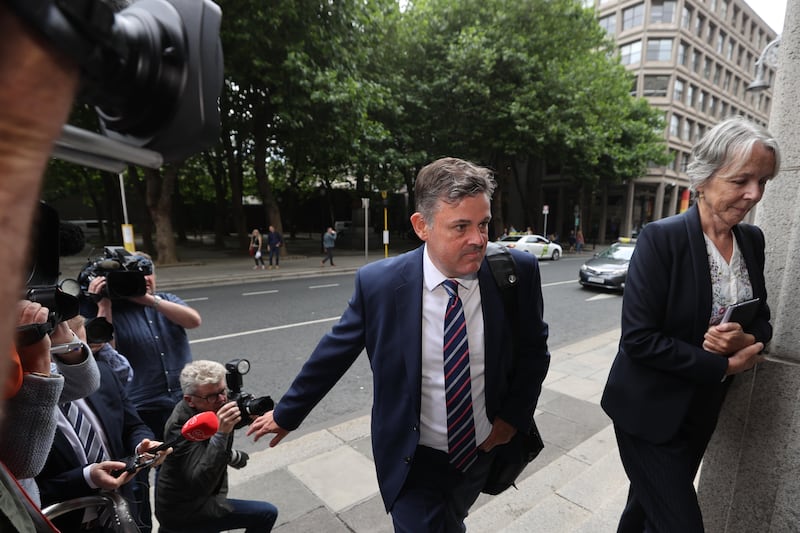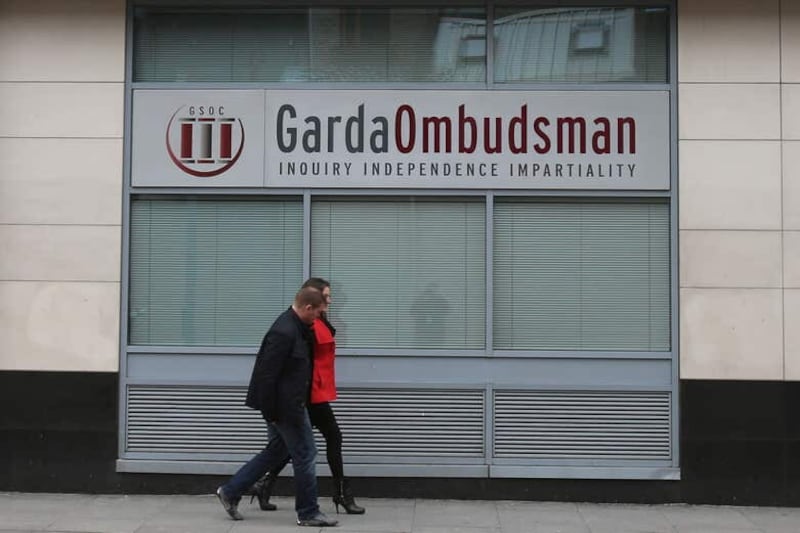A PROBE into underachievement among school children is to be re-instigated by assembly members.
The Inquiry into Educational Underachievement was scrapped when the executive collapsed in January 2017.
The previous cross-party education committee had started receiving evidence and submissions.
At their first meeting yesterday since the assembly was restored, new members heard calls from chairman Chris Lyttle of Alliance and deputy Karen Mullan of Sinn Féin for the inquiry to re-start.
There remain concerns about the number of young people leaving school without qualifications, working-class Protestant children, and wider male underachievement.
The original plan was to review the scale of the problems faced by both primary and post-primary pupils.
The inquiry aims to look at issues including early years interventions, literacy and numeracy programmes and the impact of academic selection and post-primary transfer.
It also intends to "identify and analyse alternative approaches and models of good practice in other jurisdictions in terms of policy interventions and programmes".
Committee clerk Peter McCallion advised members that there would be a tight turnaround if they wanted to complete the inquiry due to the shorter assembly mandate.
He added that he thought it was "just about manageable".
Earlier, Mr McCallion gave members an in-depth briefing on major issues facing education.
The committee had expected to hear from minister Peter Weir but this was postponed due to a meeting of the executive.
Mr McCallion gave an overview of school finances, with the numbers falling into deficit on the increase.
He gave members an example of a school of 1,000 pupils, which he said would receive about £4m in funding.
It would not be long "whittling down that £4m to £50,000" by the time staff, rates and heating had been paid.
There were seven post-primary schools with debts of more than £1m, he said.
Mr McCallion added that it was surprising that there were grammar schools experiencing financial difficulties, given they are always filled to capacity. The more pupils a schools has, the more money it receives.
Mr Lyttle told the committee that school budgets were "an absolute priority".
Mr McCallion also addressed the issue of inspections and how industrial action by teachers over pay and workload had stopped many reports being completed.
The north's chief inspector Noelle Buick this week announced she is to step down after nine years.
"It has been a great privilege to lead the ETI since 2011. Inspection is a powerful lever for raising standards and tackling underachievement," she said.
"I look forward to a resolution of the teachers' dispute over pay, which has included non-cooperation with ETI, so that this important work can continue."








